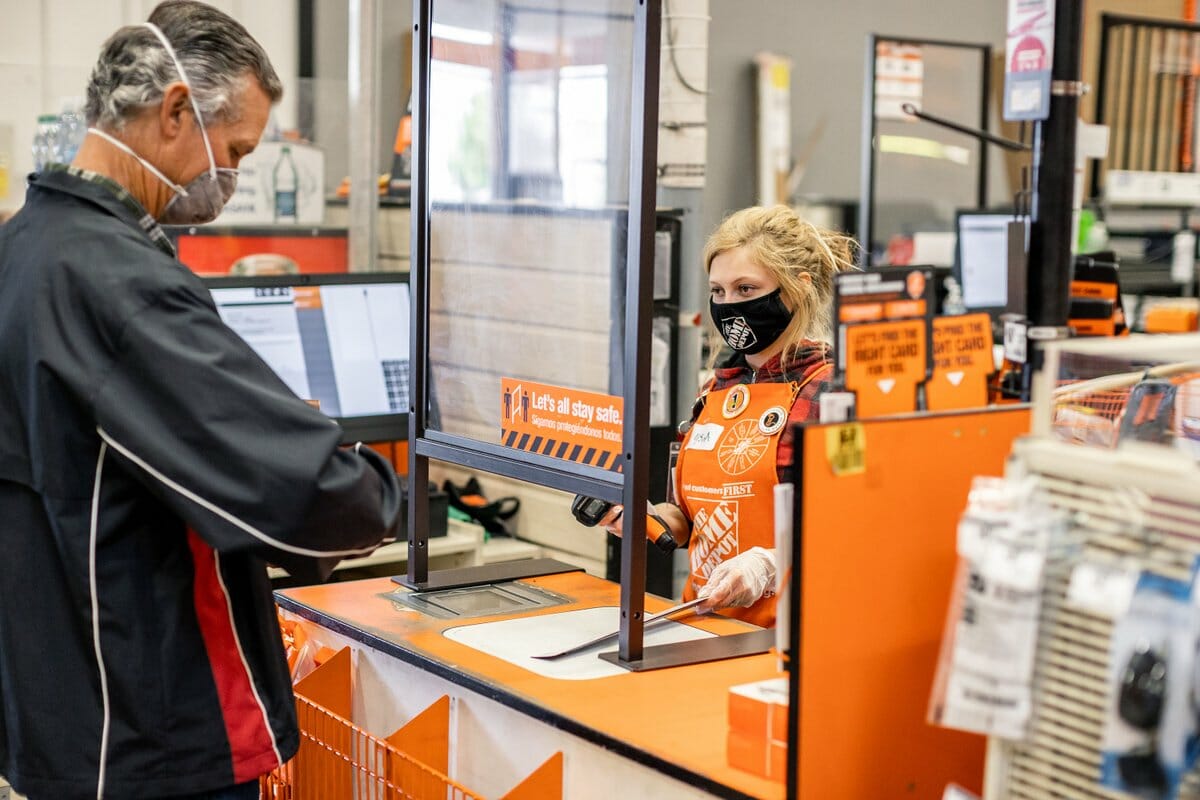With a growing number of Americans spending more time at home as a result of the ongoing COVID-19 pandemic, a surge in do-it-yourself (DIY) projects has become a popular pastime. From minor fixes to major home improvements, individuals finding themselves with extra time on their hands have shown increased interest in repairs, renovations, and upgrades. This surge in DIY activities has significantly benefited Home Depot, the leading hardware retailer in the United States, allowing the company not only to survive during challenging times for retail but to thrive.
Home Depot recently announced a remarkable 23% increase in quarterly sales, surpassing the expectations of investors and Wall Street analysts. Compared to the same period last year, various metrics such as number of transactions, average purchase amount, and sales per square foot have all experienced double-digit growth. The company’s profits escalated to $4.33 billion, which translates to around $4.02 per share, constituting a 25% profit surge for the second quarter.
Despite the positive impact of the pandemic on Home Depot’s business, it has also led to higher operational expenses. During the second quarter, the company had to allocate $480 million to provide additional compensation to its retail workforce. This sum covers both increased regular wages and supplementary bonuses for hourly employees. While $480 million is a substantial amount, it is actually an improvement from the previous quarter, where employee compensation costs reached $640 million. This reduction in expenses might be linked to the uncertainty surrounding the initial stages of the pandemic in the United States.
Due to the unpredictable nature of the current situation, Home Depot has opted to suspend its financial forecasts for the remainder of the fiscal year, given the numerous uncertainties and potential long-term effects of the pandemic. Nonetheless, Home Depot has taken a noteworthy step by offering dividend payments to its shareholders for the second quarter, a move that sets the company apart as many others struggle to maintain financial stability.













































